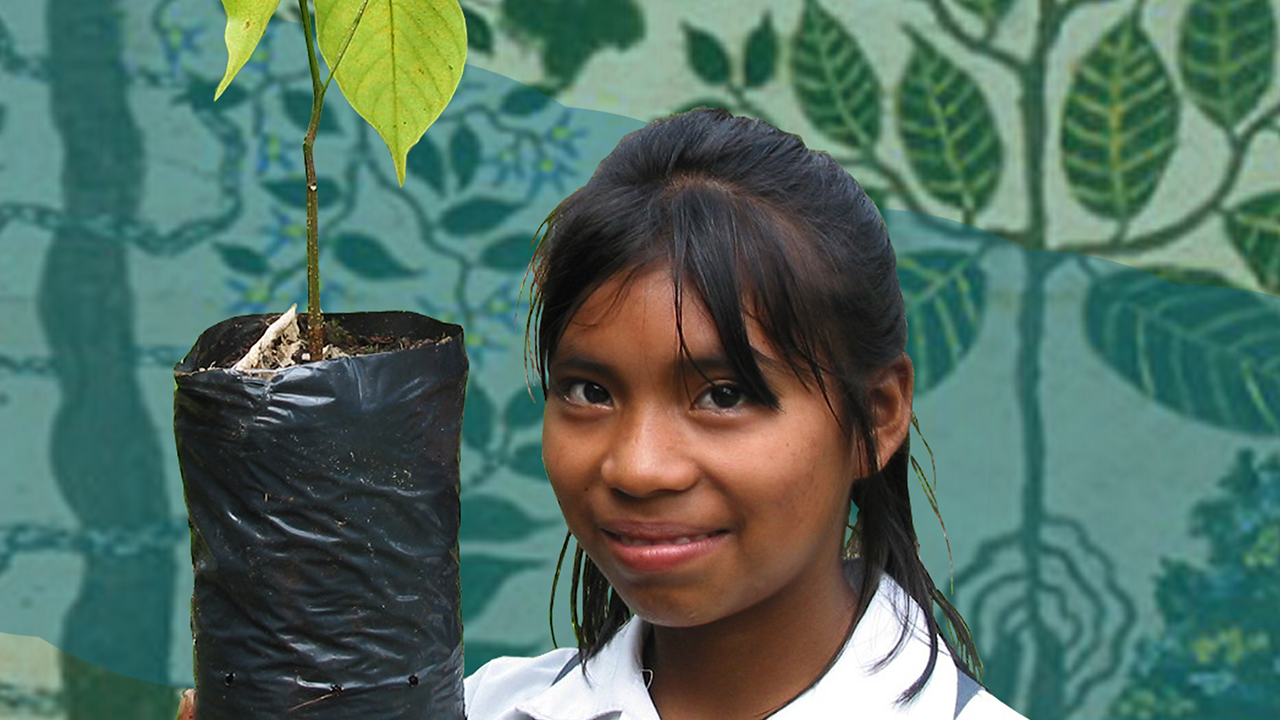Kamal Adhikari : New Flows of Cultural Value around ‘People and Plants’ in Nepal
Duration: 22 mins 8 secs
Share this media item:
Embed this media item:
Embed this media item:
About this item

| Description: | Kamal Adhikari (Nepal and University of Aberdeen): New Flows of Cultural Value around ‘People and Plants’ in Nepal |
|---|
| Created: | 2014-07-21 08:58 |
|---|---|
| Collection: | People and Plants |
| Publisher: | University of Cambridge |
| Copyright: | Glenn Jobson |
| Language: | eng (English) |
| Keywords: | People and Plants; Kamal Adhikari; |
| Abstract: | Dr Kamal Adhikari (Nepal and University of Aberdeen): New flows of cultural value around ‘people and plants’ in Nepal
This paper documents the ethnobotanical knowledge of the people of the village of Deurali in central Nepal and examines how this knowledge has been changing after the construction of a road to the village and the establishment of allopathic pharmacies. Based on the 115 household surveys conducted to gather information on plants and their uses in everyday activities, altogether 138 medicinal plants used in domestic medical practice have been described. Local people have tremendous knowledge of medicinal plants and of their medicinal value even though practices are changing along with their usage. Modernisation, international influence and international demand for certain plants are seen as key influencing factors in changing peoples’ knowledge, practice and perception of medicinal plants. Even terminology is changing as new western and biomedical terms are being applied to existing plants. These factors have led villagers, collectors and local herbal plant traders to explore the economic value of plants as they now need money to buy allopathic medicines and other items which have become available. In-depth documentation of this ethnobotanical knowledge has practical value for scientific research and potential usage in allopathic remedies. This paper argues that this knowledge is not just an object needing to be scientifically tested and verified but is also historical, relational and changing in nature. It is owned by local people, a crucially significance if true sustainability of plant resources are to be achieved. Unfortunately it is all too often rejected rather than incorporated in development programmes, notwithstanding international agreements which say that they should pay due regard to traditional ecological knowledge. It outlines a framework of understanding for the impact of all these factors on the sustainability of plant resources. |
|---|---|

